Preventing Catastrophe is written by two authors who are experienced “Washington hands” and who understand the interplay between intelligence and policymaking. Both have been personally involved, in the United States and overseas, in pursuing national and international measures to stop the proliferation of weapons of mass destruction.
Their extensive experience is evident in this book, which puts the Iraqi WMD issue in proper perspective, explains the challenge of monitoring small clandestine programs, and explains how the effort to prevent terrorist acquisition and use of WMD differs from preventing their acquisition and use by nation states.
At the same time, the authors are able to make a complex subject understandable to non-technical experts, making this book a useful teaching tool, especially for those who have little or no knowledge or experience in US national security decision making.
“National intelligence and international inspections are necessary to create confidence that violations of non-proliferation commitments are detected in time to permit appropriate action. Both must be pursued with professionalism and critical minds avoiding poor intelligence or cosmetic inspections. The issues studied thoroughly and with good judgment in this welcome volume by Graham and Hansen were intensely controversial in the case of Iraq but remain central to international counter-proliferation efforts.”—Hans Blix, Executive Chairman of the Weapons of Mass Destruction Commission
“The authors both have extensive experience int he arms control community, and it shows in a book that is very basic in its approach to intelligence but assumes the reader has some knowledge of the WMD, especially nuclear weapons technology.”
—J. Fields, Choice.
“Preventing Catastrophe provides a good summary of US successes and failures, While its style and structure make it suitable for students and journalists who want to become better acquainted with the issue, it is also precise, balanced and carefully written analysis of a complex problem.”
—Survival
“National intelligence and international inspections are necessary to create confidence that violations of non-proliferation commitments are detected in time to permit appropriate action. Both must be pursued with professionalism and critical minds avoiding poor intelligence or cosmetic inspections. The issues studied thoroughly and with good judgment in this welcome volume by Graham and Hansen were intensely controversial in the case of Iraq but remain central to international counter-proliferation efforts.”
—Hans Blix, Executive Chairman of the Weapons of Mass Destruction Commission
“In this excellent presentation, the authors establish that the threat posed by terrorists acquiring weapons of mass destruction is not a cohesive problem calling for a single defensive strategy, but a series of discrete challenges requiring diverse responses. This is recommended reading based on the authors’ personal experiences and years of participation in international arms control negotiations.”
—Robert Huffstutler, Executive Director (Retired), Central Intelligence Agency
“Graham and Hansen’s book is an important contribution to understanding intelligence and counter-proliferation— and why terrorist use of nuclear weapons is a real concern. There is a lack of expertise on this issue both inside and outside the government. Monitoring foreign weapons programs is essential, but understanding the motives and objectives of proliferators is even more critical. Intelligence, however, cannot stand by itself; there must also be clear and sound policy.”
—Richard Kerr, former Deputy Director of Central Intelligence
“Graham and Hansen’s important new study should correct the false impression that US intelligence services get it mostly wrong when assessing the danger of nuclear weapon programs. The true story of how our analysts get it mostly right will help policymakers understand that recent distortions came from the top, not the bottom, and help the public understand the crucial role intelligence plays in preventing these threats.”
—Joseph Cirincione, President, Ploughshares
About the authors
Thomas Graham Jr. served for nearly three decades as general counsel as well as acting director of the U.S. Arms Control and Disarmament Agency. He was President Clinton’s Special Representative for arms control, nonproliferation, and disarmament, with the rank of ambassador. Keith A. Hansen served in the course of three decades on various strategic arms control delegations (SALT II, INF, and CTBT), where he concentrated on verification issues as an expert on strategic nuclear force issues.
Thomas Graham Jr. with Keith Hanson
Preventing Catastrophe: The Use & Misuse of Weapons of Mass Destruction
Stanford, CA: Stanford U P, 2009.
Web. 28 May 2015. [ISBN 9780804763608]
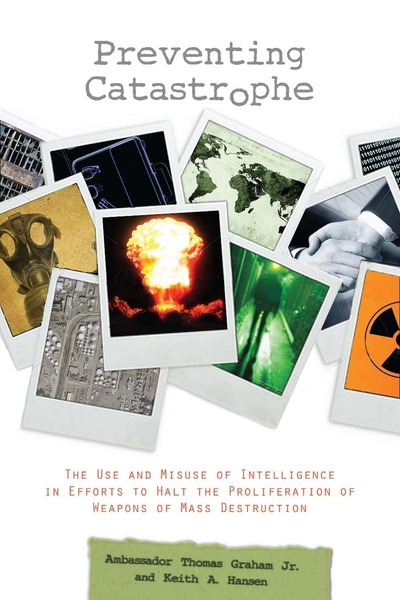
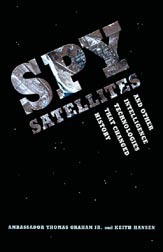
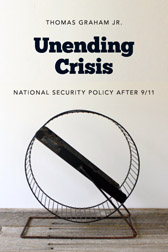 In Unending Crisis, Thomas Graham Jr. examines the second Bush administration’s misguided management of foreign policy, the legacy of which has been seven major – and almost irresolvable – national security crises involving North Korea, Iran, Afghanistan, Pakistan, Iraq, the Arab-Israeli conflict in Palestine, and nuclear proliferation. Unending Crisis considers these issues individually and together, emphasizing their interrelationship and delineating the role that the neoconservative agenda played in redefining the way America is perceived in the world today.
In Unending Crisis, Thomas Graham Jr. examines the second Bush administration’s misguided management of foreign policy, the legacy of which has been seven major – and almost irresolvable – national security crises involving North Korea, Iran, Afghanistan, Pakistan, Iraq, the Arab-Israeli conflict in Palestine, and nuclear proliferation. Unending Crisis considers these issues individually and together, emphasizing their interrelationship and delineating the role that the neoconservative agenda played in redefining the way America is perceived in the world today.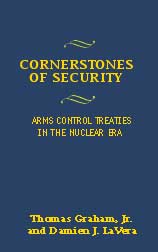 This anthology presents the complete text of thirty-four treaties that have effectively contained the spread of nuclear, biological, and conventional weapons during the Cold War and beyond. The treaties are placed in historical context by individual commentaries from noted authorities Thomas Graham Jr. and Damien J. LaVera, which provide unique insights on each treaty’s negotiation and implementation.
This anthology presents the complete text of thirty-four treaties that have effectively contained the spread of nuclear, biological, and conventional weapons during the Cold War and beyond. The treaties are placed in historical context by individual commentaries from noted authorities Thomas Graham Jr. and Damien J. LaVera, which provide unique insights on each treaty’s negotiation and implementation.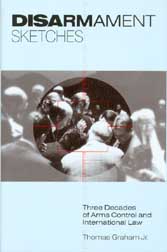
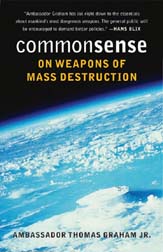
 “A young woman navigates a maelstrom of danger, deceit, and crisis during perhaps the most dangerous period of the Cold War, the years 1954 to 1961.”–
“A young woman navigates a maelstrom of danger, deceit, and crisis during perhaps the most dangerous period of the Cold War, the years 1954 to 1961.”–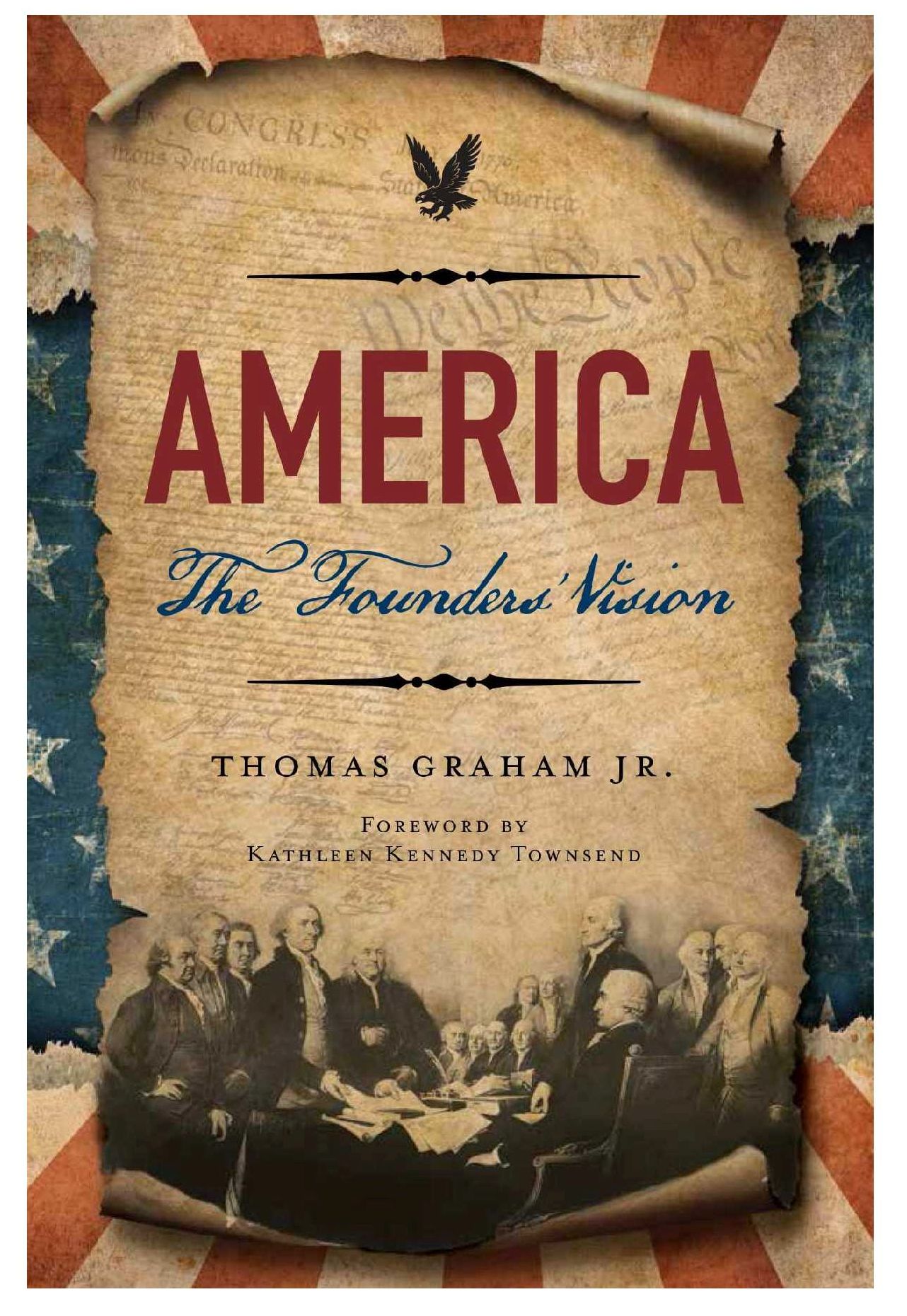 In today’s heated political climate, we commonly hear, “That’s not what the Founders intended” or “The nation’s Founders addressed that.” What did our country’s Founders really say-about liberty, democracy, the role of states, the military, equal protection under the law, First Amendment rights, fake news in campaigns, honesty in government, foreign influence, freedom of religion, freedom of the press and more. This book gathers the Founder’s original words from the Federalist Papers, the National Archives, various presidential libraries, and other sources to create America: The Founders’ Vision.
In today’s heated political climate, we commonly hear, “That’s not what the Founders intended” or “The nation’s Founders addressed that.” What did our country’s Founders really say-about liberty, democracy, the role of states, the military, equal protection under the law, First Amendment rights, fake news in campaigns, honesty in government, foreign influence, freedom of religion, freedom of the press and more. This book gathers the Founder’s original words from the Federalist Papers, the National Archives, various presidential libraries, and other sources to create America: The Founders’ Vision.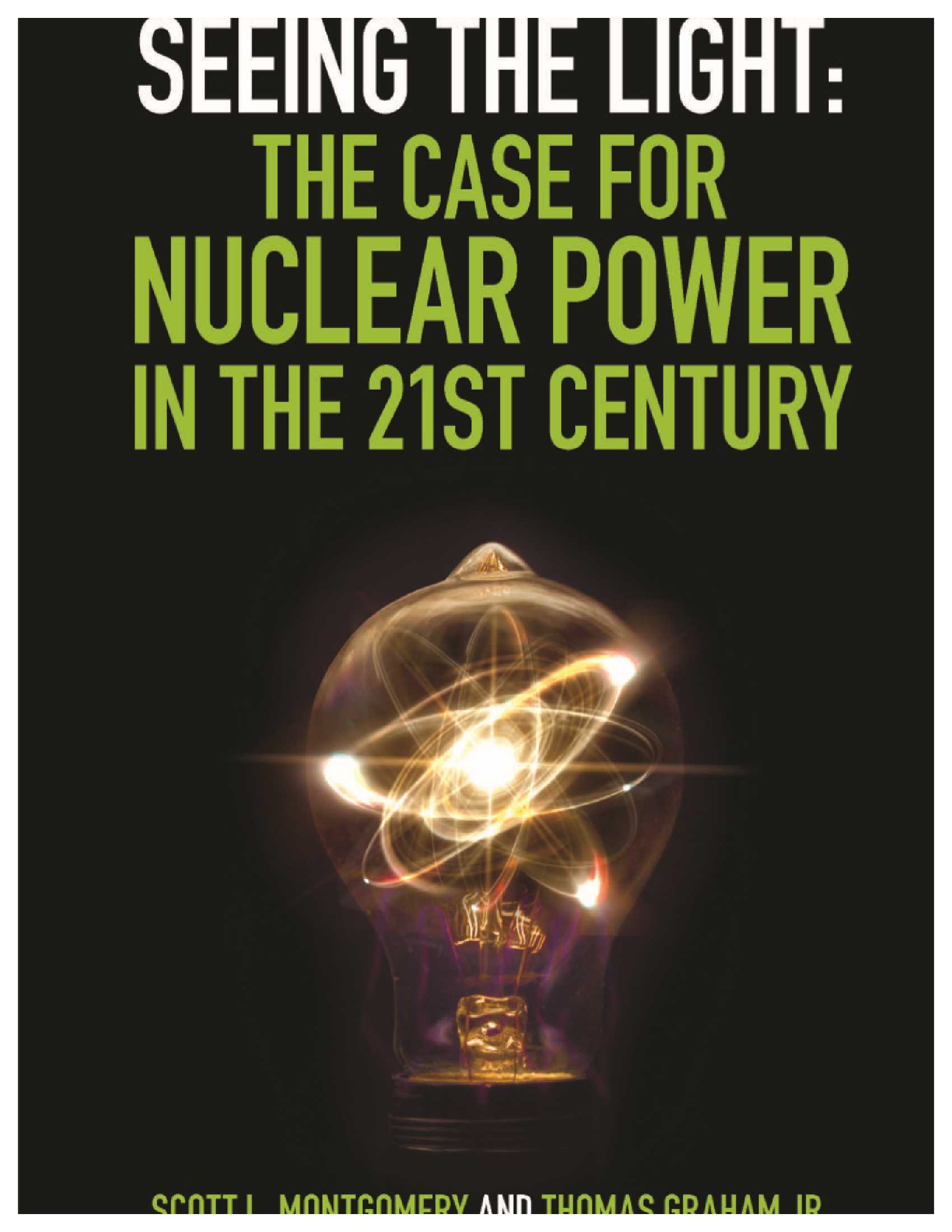 Nuclear power is not an option for the future but an absolute necessity. The global threats of climate change and lethal air pollution, killing millions each year, make it clear that nuclear and renewable energy must work together, as non-carbon sources of energy. Fortunately, a new era of growth in this energy source is underway in developing nations, though not yet in the West.
Nuclear power is not an option for the future but an absolute necessity. The global threats of climate change and lethal air pollution, killing millions each year, make it clear that nuclear and renewable energy must work together, as non-carbon sources of energy. Fortunately, a new era of growth in this energy source is underway in developing nations, though not yet in the West.